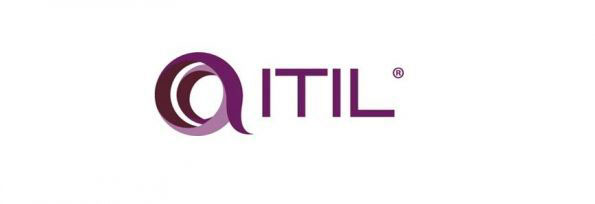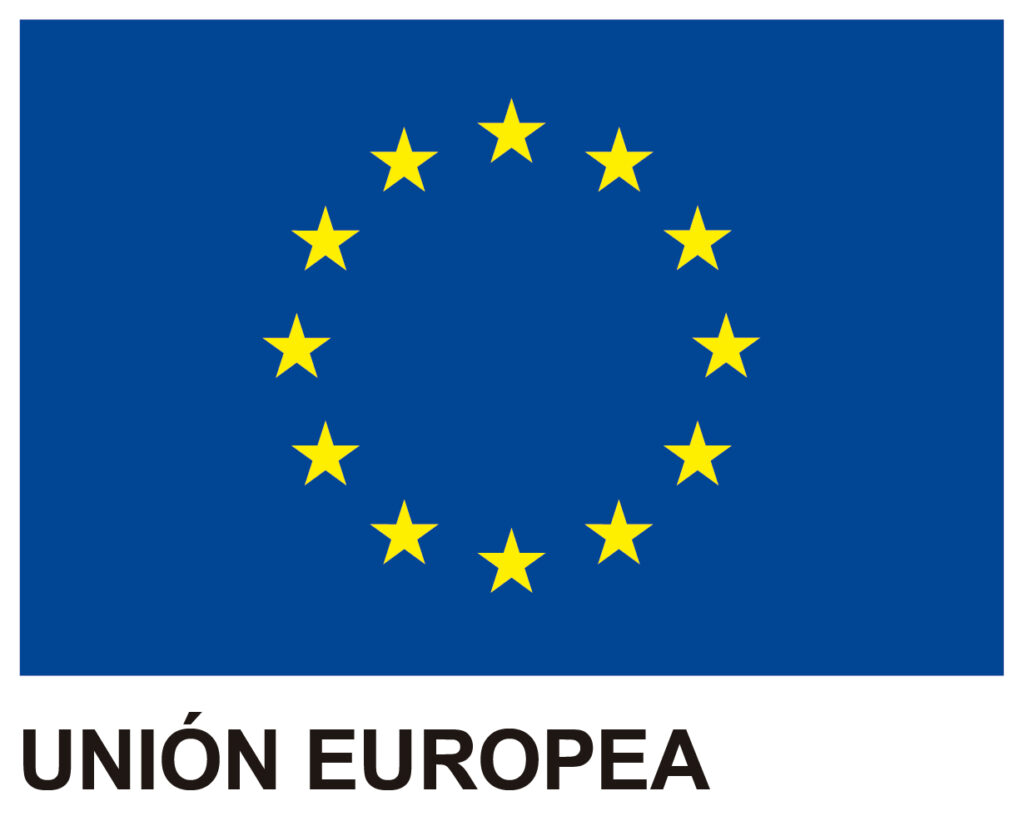What is ITIL?
The acronym ITIL stands for Information Technology Infrastructure Library,which we would literally translate as Information Technology Infrastructure Library. ITIL is a good practice guide for the management of information technology (IT) services. The ITIL guide has been developed to cover all IT infrastructure, development and operations and manage it towards improving the quality of service.
The pillars of ITIL are the following principles:
- Processes, necessary for IT management according to the alignment of the same within the organization.
- Quality, understood as the delivery to the customer of the optimal product or service, that is, including the agreed characteristics.
- Client, your satisfaction is the objective of improving services, being, therefore, the direct beneficiary of the implementation of ITIL good practices.
- Independence, good practices must always be maintained despite the methods established for each process and existing suppliers.
It should be noted that, to focus this path towards the quality of the service, it is necessary to have reliable and secure information, since it is essential that it is complete and accurate for decision making.
ITIL v4
ITIL has long been regarded as the “bible of Service Management”,i.e. one of the most widely used frameworks in the world.
It was at the beginning of 2019 when it was updated to version 4 of ITIL. Its launch has been necessary for the update of IT Service Management,given that the technological era and digital transformation in which we live makes IT management an increasingly great challenge to adapt to the new needs of organizations.

This fourth version responds to new service management approaches and identifies Agile, DevOps and Lean as new emerging practices interpenetrated with ITIL.
Due to its focus on efficient service delivery, ITIL is defined as a “Service Value System” (SVS). These values are the activities and components of organizations that through joint work create value. These values can be for organizations as well as for their customers and other stakeholders.
In addition to the processes, ITIL v4 includes several practices:
- General management practices: strategic, risk management and continuous improvement.
- Service Management Practices: Design / Transition / Operation of the Service and Service Desk.
- Technical practices: cloud service models.
In turn, each of these practices is based on four dimensions:
- Organization and people, through a culture and corporate competencies.
- Information and technology, understood as existing knowledge and information.
- Suppliers and partners, those stakeholders directly involved in the service.
- Value streams and processes, value creation through the integration of all parts of the organization.
The processes to be implemented are the following:
- Architecture management
- Continuous improvement
- Information Security Management
- Knowledge management
- Measurement and reporting
- Organizational Change Management
- Portfolio management
- Project Management
- Relationship management
- Risk management
- Financial management of services
- Strategy management
- Supplier Management
- Workforce and talent management
- Availability management
- Business Analysis
- Capacity and performance management
- Change control
- Incident Management
- IT Asset Management
- Event monitoring and management
- Problem management
- Version management
- Service catalog management
- Service Configuration Management
- Service continuity management
- Service design
- Customer Service
- Service level management
- Management of service requests
- Service Validation and Testing
- Implementation management
- Infrastructure and platform management
- Software development and management
Is this guide applicable to my company?
The ITIL guide proposes good practices as a tool for maintaining and improving the management of services in organizations. These companies can belong to any sector since their focus is the monitoring and improvement of their management processes, focused on improving the quality of the services and products provided to their customers, whatever they may be.
Are there ITIL certifications? Yes, ISO 20000.
While the ITIL methodology is a professional qualification required for some profiles, there is also certification in Service Management Systems through ISO/IEC 20000:2018. Like other ISO standards, this one allows for the analysis of the organization through the PDCA cycle (plan-do-check-act) with which, according to the specified requirements, the organization must carry out procedures for planning, execution, verification, and continuous action-taking to ensure the quality of services provided by the company. Therefore, ISO 20000 is a powerful tool that nourishes the organization with continuous information about the real situation of the service. In addition, it guides change processes and proposes improvement measures. Therefore, it is a basic resource to look to the future with confidence as far as information technologies are concerned.
As for the processes, below are those required in ISO 20000, the similarities with ITIL can be visualized:
Services Portfolio
|
Design, Construction and Transition of Services
|
Relationship and agreement
|
Resolution and enforcement
|
Supply and demand
|
Service Assurance
|
All processes are important in both standards, divided into three types of ITIL practices discussed above and process blocks for ISO 20000: operational planning and control; portfolio of services; relationship and agreement; supply and demand; design, construction and transition of services; resolution and enforcement; and service assurance.
From GlobalSUITE Solutions we propose the GlobalSUITE® tool to implement ISO/IEC 20000:2018. With GlobalSUITE Service Management it will be possible to maintain a single integrated system with the 13 iso 20000 processes fully automated. In addition, it can be managed by taking advantage of the resources invested by the different departments, thus centralizing the effort. In addition, through the Balanced ScoreCard module and our integration with Power BI, senior management will obtain a global vision of the state of its management system, along with all the elements that compose it, being aligned with the objectives of the same and enabling the early detection of deviations.



